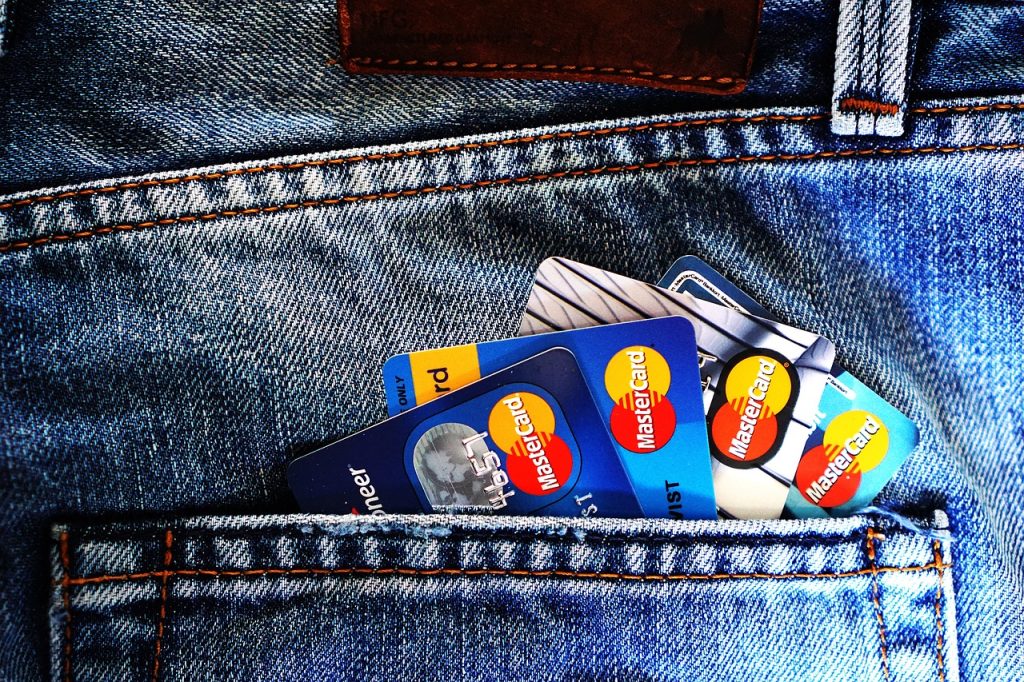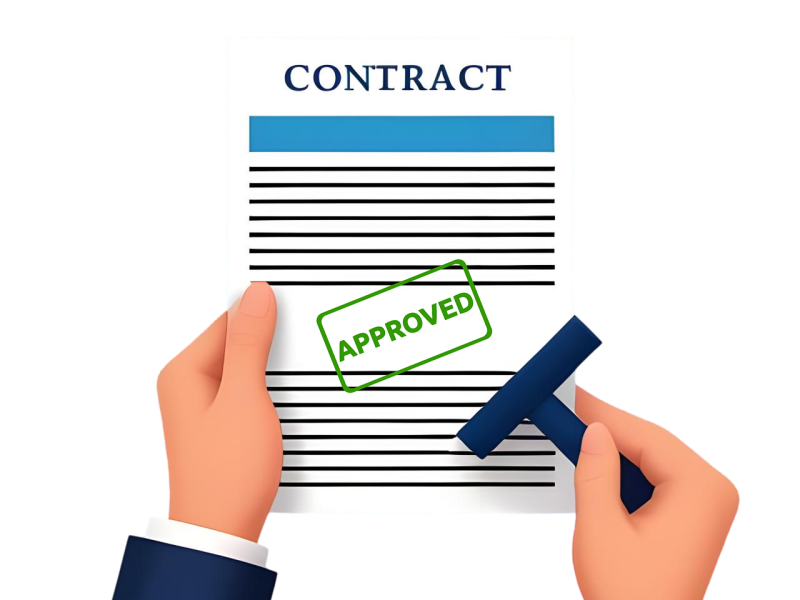Moving to Germany or planning an extended stay? One of the first things you’ll need is a German bank account. Whether you’re working, studying, or just setting up your life in this beautiful country, having a local bank account is essential. It makes everything from paying rent to receiving your salary easier. Plus, it’s a crucial step in feeling more settled and connected in your new home.
Here’s a friendly guide to help you navigate the process smoothly!
1. Why You Need a German Bank Account
Before diving into the “how,” let’s talk about the “why.” Why is it important to open a bank account in Germany? For starters, many employers require a German bank account to deposit your salary. It’s also necessary for renting an apartment, setting up utilities, and even getting a mobile phone contract. Plus, local transactions are often easier and cheaper than using a foreign bank account, especially when it comes to withdrawing cash or making payments.
2. Types of Bank Accounts
In Germany, you’ll generally encounter two main types of bank accounts:
- Girokonto (Current Account): This is the most common type of account and is used for day-to-day transactions like receiving your salary, paying bills, and shopping.
- Sparkonto (Savings Account): As the name suggests, this account is mainly for saving money and usually offers some interest on the deposited amount.
Most people start with a Girokonto and add a Sparkonto later if needed.

3. Documents You’ll Need
Before heading to the bank, make sure you have the following documents ready:
- Passport or ID: A valid passport (or EU ID card) is necessary for identification.
- Anmeldung (Registration Certificate): This is proof of your address in Germany, which you receive after registering at the local Bürgeramt (citizen’s office).
- Proof of Income: Some banks might ask for proof of income or employment, especially if you’re applying for an account with credit facilities.
- Visa or Residence Permit: If you’re not an EU citizen, you may also need to show your visa or residence permit.
4. Choosing the Right Bank
Germany has a variety of banks to choose from, and your choice might depend on your specific needs:
- Traditional Banks: These include well-known names like Deutsche Bank, Commerzbank, and Sparkasse. They have physical branches where you can get face-to-face service.
- Online Banks: N26, DKB, and ING are popular online-only banks in Germany. They often offer lower fees and a fully digital experience, which can be convenient if you prefer managing your finances from your smartphone.
- Neobanks: These are digital banks like N26 or Revolut, known for their user-friendly apps and modern banking solutions.
If you prefer a bank with a local branch where you can speak to someone in person, a traditional bank might be the way to go. However, if you’re comfortable with online banking and want to save on fees, consider an online bank.
5. Opening Your Account
Once you’ve chosen your bank, the process of opening an account is usually straightforward:
- Visit a Branch (or Go Online): If you’ve opted for a traditional bank, you’ll need to visit a branch in person. For online banks, you can often complete the process entirely online.
- Submit Your Documents: Provide the documents mentioned earlier. The bank will verify your information.
- Sign the Contract: Once your documents are approved, you’ll need to sign a contract to open the account. If you’re opening an account online, this is often done digitally.
- Receive Your Bank Card: After your account is open, you’ll receive your bank card (EC-Karte) by mail, usually within a few days.
6. Tips for Newcomers
- Language Barrier: Don’t worry if your German isn’t perfect. Many banks offer services in English, especially in larger cities.
- Fees: Be aware of potential account maintenance fees. Some banks offer free accounts if you meet certain conditions, like a minimum monthly deposit.
- Cash Withdrawals: Germany is still very much a cash society, so check which ATMs you can use for free with your bank card.
7. Next Steps After Opening Your Account
Congrats, you now have a German bank account! The next step is to set up online banking if you haven’t already. This will allow you to manage your account, transfer money, and pay bills from the comfort of your home.
If you found this guide helpful, we’d love to hear from you! Have you opened a bank account in Germany? Share your experience in the comments below. And if you’re looking for more tips on living in Germany, don’t forget to subscribe to our blog. We’re here to make your transition to life in Germany as smooth and enjoyable as possible!
Welcome to your new financial home in Germany!




